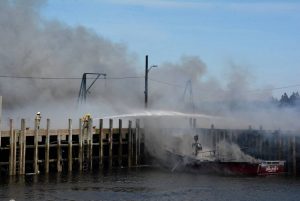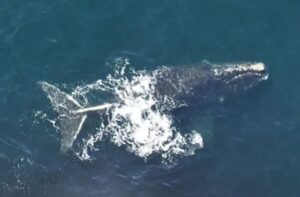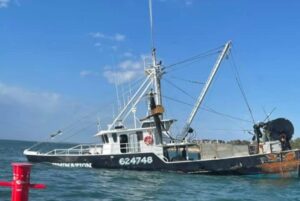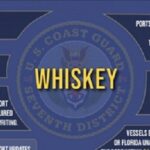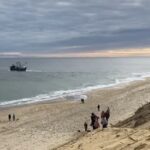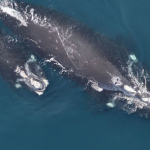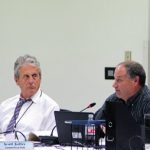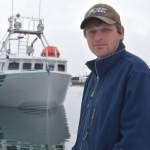Tag Archives: Great Bay

This Is Where 75% Of Wild-Caught Seafood Grows (It’s Not The Ocean)
The special places where freshwater rivers mix with the salty ocean are known as estuaries. Even if you have never heard of an estuary, you probably know of a couple; Virginia’s Chesapeake Bay, Washington’s Puget Sound, Florida’s Tampa Bay, and California’s San Francisco Bay are all estuaries. Estuaries are also are teeming with life-supporting nutrients. River water carries land-based nutrients into the estuary, and salt-water animals take advantage. The special features of estuaries make them an essential component of the seafood industry accounting for up to 75% of commercially-caught seafood. >click to read< 08:42
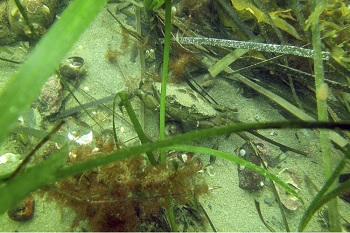
Scientists Struggle to Save Seagrass From Coastal Pollution
In parts of the United States and other developed countries, there is growing recognition of the importance of seagrass and its sensitivity to nitrogen-rich runoff from sewage treatment plants and other sources. Too much nitrogen can spike algae growth, which clouds the water and blocks the sunlight seagrass needs to grow. “We think this is a problem that has to be solved,”,, Communities around the Great Bay have spent about $200 million to upgrade wastewater treatment plants,,, >click to read< 13:24
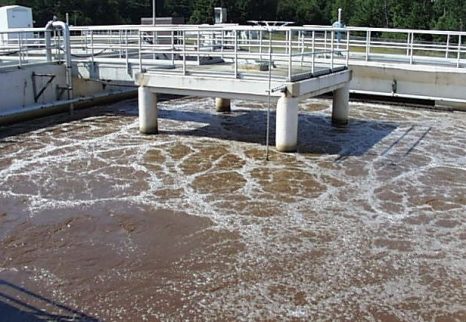
Waste Water Treatment Plants: Once home to thriving aquaculture, Great Bay is under great strain
GREAT BAY’S wonderful production of gourmet food has come to an unbelievable halt, and there’s bound to be a lot of uninformed debate on how to get those species such as clams, oysters, smelt, herring, white perch, crabs, lobsters and other multiple flora and fauna that may slip my mind.,, We’ve lost just about all of this incredible fish and game resource gradually! We’re going to get some flack from the do-gooders as to why they are gone, but when you look at the changes that have been parallel to the loss of fish, it’s been the rebuilding or refitting of the many sewage treatment plants that have been put into service that seem to be the answer to this lack of fish and game. You can see it in the lack of eelgrass beds that used to cover thousands of acres of tidal flats. These new treatment plants have filtered or poisoned most of the nutrients from the Piscataqua River and the many other rivers that serve their municipalities that dump their now super-treated effluent into the tidal water, now so sterile and lacking in nutrients and full of poison that plants and animals cannot survive. Read this article! click here 08:43
Gov. Hassan signs into law Great Bay shellfish restoration bill
Gov. Maggie Hassan has signed into law a bill that would allow the Fish and Game Department the closing of clam, oyster and other bivalve areas for restoration efforts in the Great Bay. (here) Why would she close them, when they are being destroyed by high nitrogen levels from run off and the dozen or so waste water treatment plants that continue to degrade the oysters and eel grass that they continue to try restoring? Get your head out of the sand, Governor. FN 09:24

































